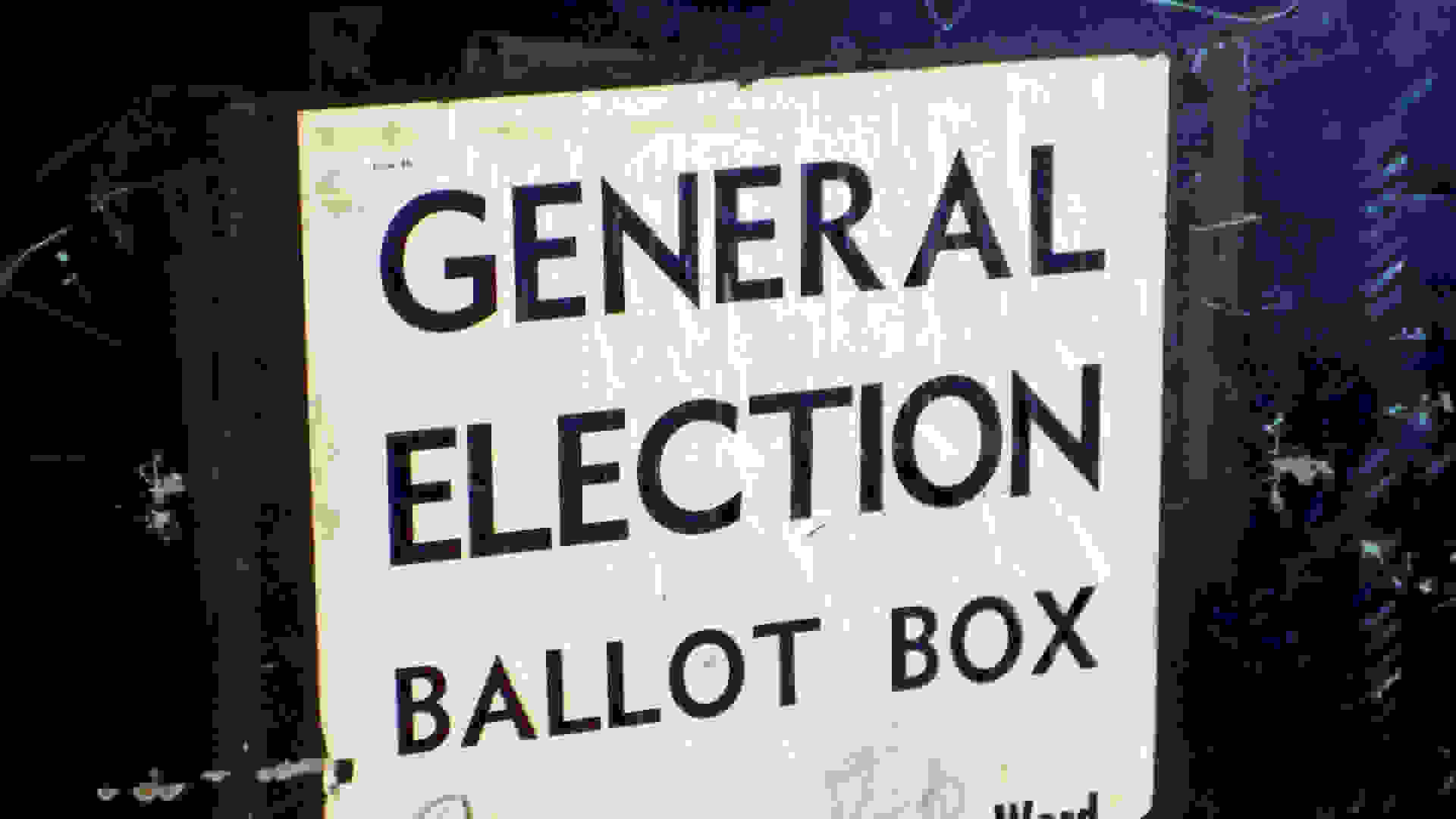Blog / How should Parliament handle the Seventh Carbon Budget - and why does it matter?
The Climate Change Act 2008 established a framework for setting carbon budgets every five years. But the role of Parliament in approving these budgets has been widely criticised, including by the Prime Minister. The Environmental Audit Committee has proposed improvements in the scrutiny process to ensure effective climate action, particularly in the context of the UK’s commitment to achieving 'Net Zero' emissions by 2050. These reforms will significantly alter the way Parliament handles the Seventh Carbon Budget in 2025.

